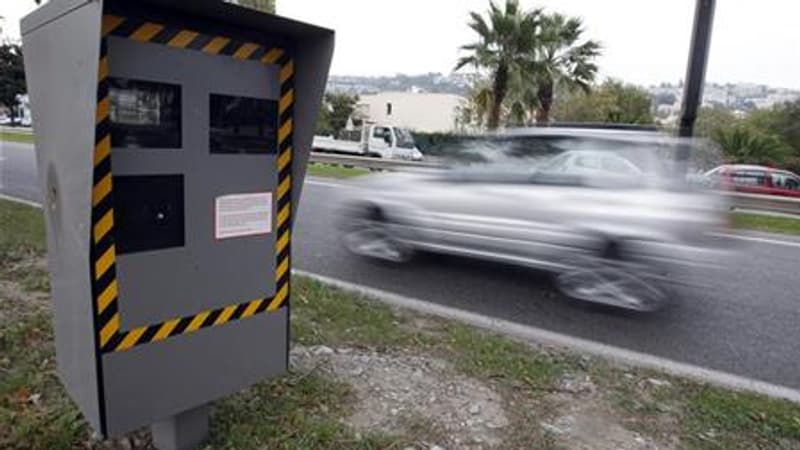These are especially alarming figures. The latest Ipsos study for MMA* on professional road risk indicates an increase in dangerous behaviors among active drivers.
A study that celebrates its tenth anniversary this year is enough to confirm a general deterioration in these behaviors.
Sharp increase in phone use while driving
Regarding phone use while driving, for example: in 2024, 80% of workers say they receive phone calls while driving when they work (+7 points compared to 2015) and 74% make them (+14 points).
The press release does not specify, however, whether these calls are made with the phone in hand (prohibited, with a deduction of 3 points) using a hands-free kit (Bluetooth connection with the vehicle, headphones is prohibited), which is tolerated but may reduce concentration.
Continuing with the topic of using the phone while driving, 57% of workers say they read SMS (+4 points) and 48% send them (+6 points).
“Other uses, such as consulting an application, a site, an email or the use of social networks, are also progressing compared to 2015, although they are carried out to a lesser extent,” the statement adds.
Speeding, fatigue and alcohol
As for speed, the same observation: 7 out of 10 workers say they drive above the limits during business trips.
Another important risk highlighted in the study: drowsiness while driving. 80% of workers claim to have driven tired on a business trip and 66% have driven very tired, with breaks every two hours that were not necessarily planned. One in three workers has already experienced an episode of drowsiness while driving on a business trip.
“Finally, 15% of workers claim to have already driven while consuming more than two glasses of alcohol,” the statement said, specifying that this percentage has remained stable since 2015.
Connected vehicles, an attractive trap?
The study also focuses on the consequences of increasingly connected vehicles. If we add the increasingly common driving assistants such as cruise control, this allows for much quieter driving for the 76% of workers who travel for work at least once a day.
But this represents an additional source of distraction for the driver, since 1 in 4 workers consider their car as a second office. 38% of them also believe that the right to disconnect is not really taken into account by the employer during a business trip.
An underestimated occupational road risk
Three quarters of workers believe that the actions implemented by their company regarding road risk prevention are non-existent or scarce, a higher proportion than in 2015.
The opportunity for MMA to remember that this risk remains greatly underestimated, even though it is the main cause of fatal professional accidents in France. In 2022, according to the latest figures from ONISR, 485 people died on the roads during a business trip, of which 345 during a trip between home and work and 140 during a professional trip.
*Study carried out by Ifop for the insurer mixed martial arts from a sample of 1,023 people who make professional trips at least once a month (excluding road professionals: truck drivers, taxis, etc.), drawn from a sample of 3,126 people representative of the French employed population according to the quota method . Online self-administered questionnaire from April 8 to 22, 2024.
Source: BFM TV


